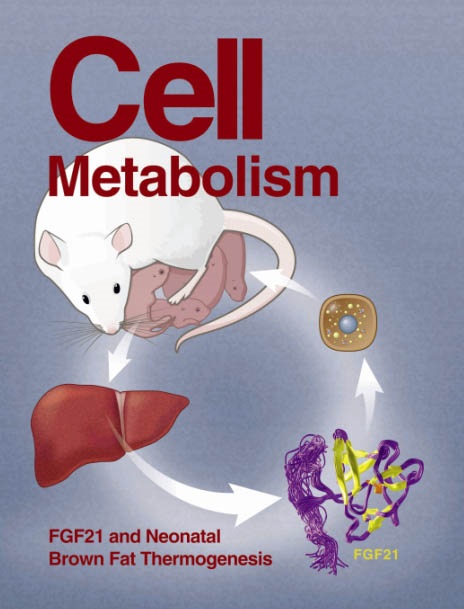拥抱未知:人类微生物组的蛋白质组学见解
IF 30.9
1区 生物学
Q1 CELL BIOLOGY
引用次数: 0
摘要
对人类微生物组的蛋白质水平调查提供了对活性微生物功能的见解。最近,vald本文章由计算机程序翻译,如有差异,请以英文原文为准。
Embracing the unknown: Proteomic insights into the human microbiome
Protein-level investigations into the human microbiome provide insights into active microbial functions. Recently, Valdés-Mas et al.1 introduced a metagenome-informed metaproteomics approach to functionally explore species-level microbiome-host interactions and quantify the dietary exposome. Its potential has been implemented in mice and humans to uncover proteomic signatures of health and inflammatory bowel disease.
求助全文
通过发布文献求助,成功后即可免费获取论文全文。
去求助
来源期刊

Cell metabolism
生物-内分泌学与代谢
CiteScore
48.60
自引率
1.40%
发文量
173
审稿时长
2.5 months
期刊介绍:
Cell Metabolism is a top research journal established in 2005 that focuses on publishing original and impactful papers in the field of metabolic research.It covers a wide range of topics including diabetes, obesity, cardiovascular biology, aging and stress responses, circadian biology, and many others.
Cell Metabolism aims to contribute to the advancement of metabolic research by providing a platform for the publication and dissemination of high-quality research and thought-provoking articles.
 求助内容:
求助内容: 应助结果提醒方式:
应助结果提醒方式:


